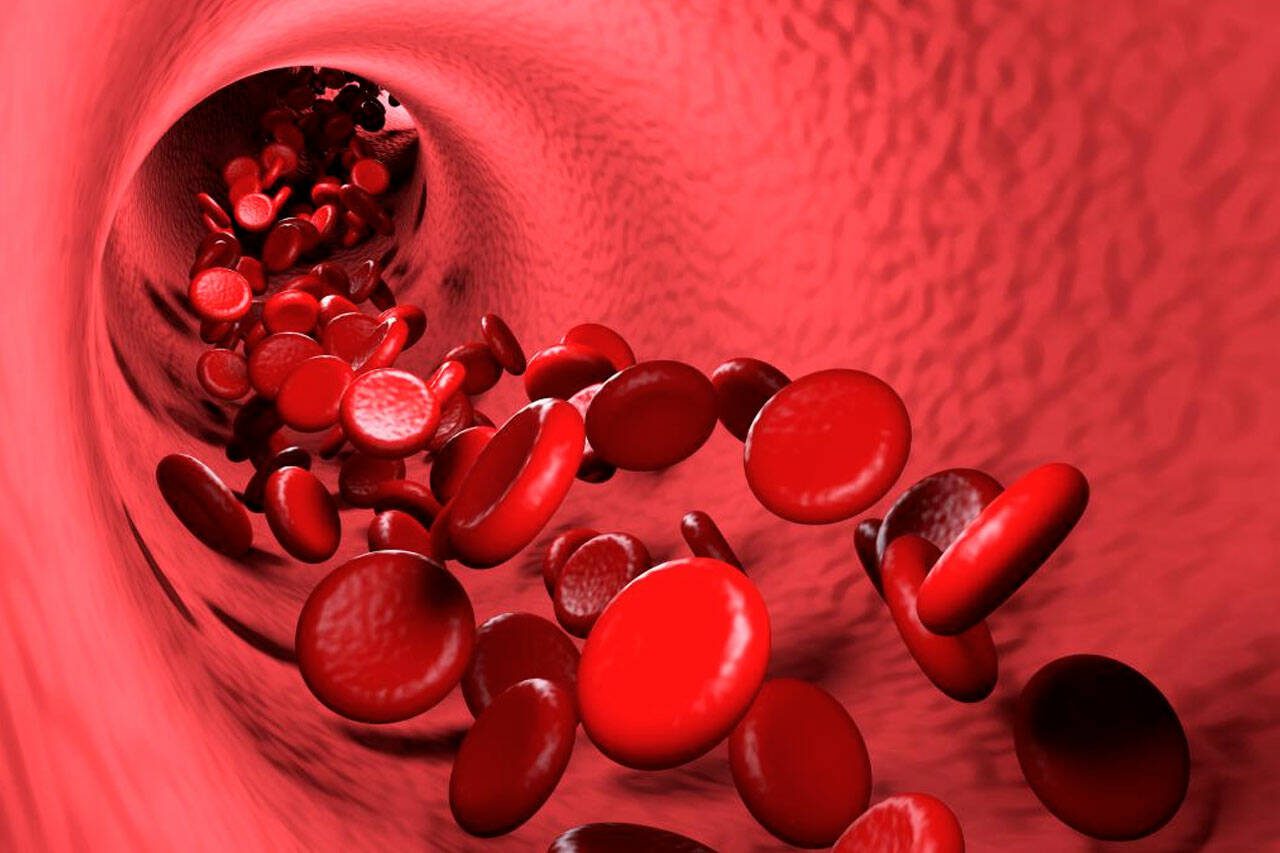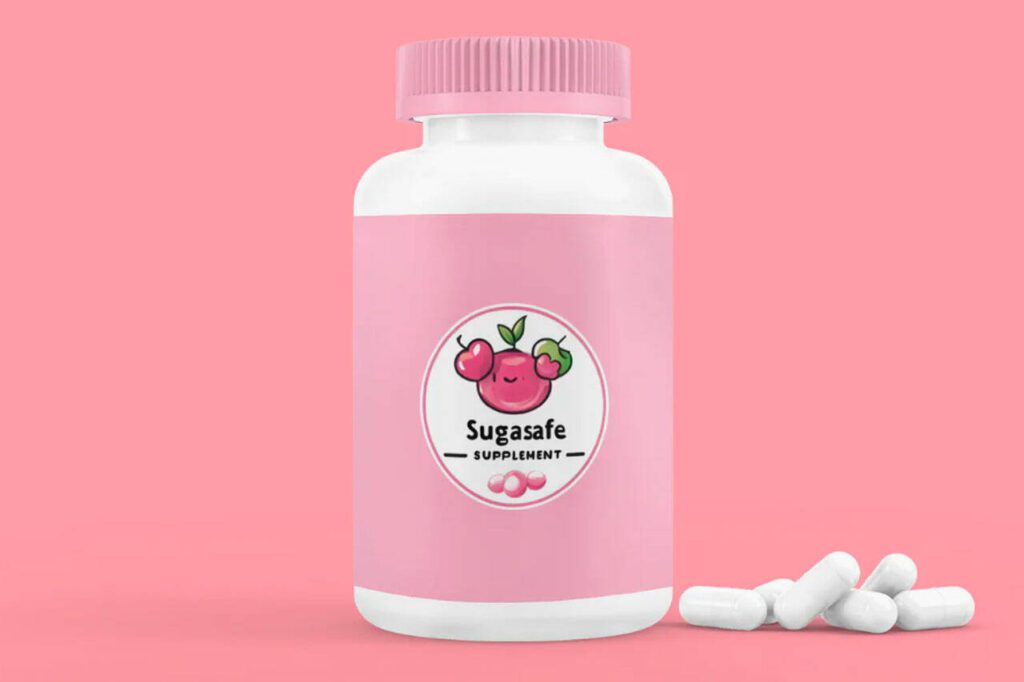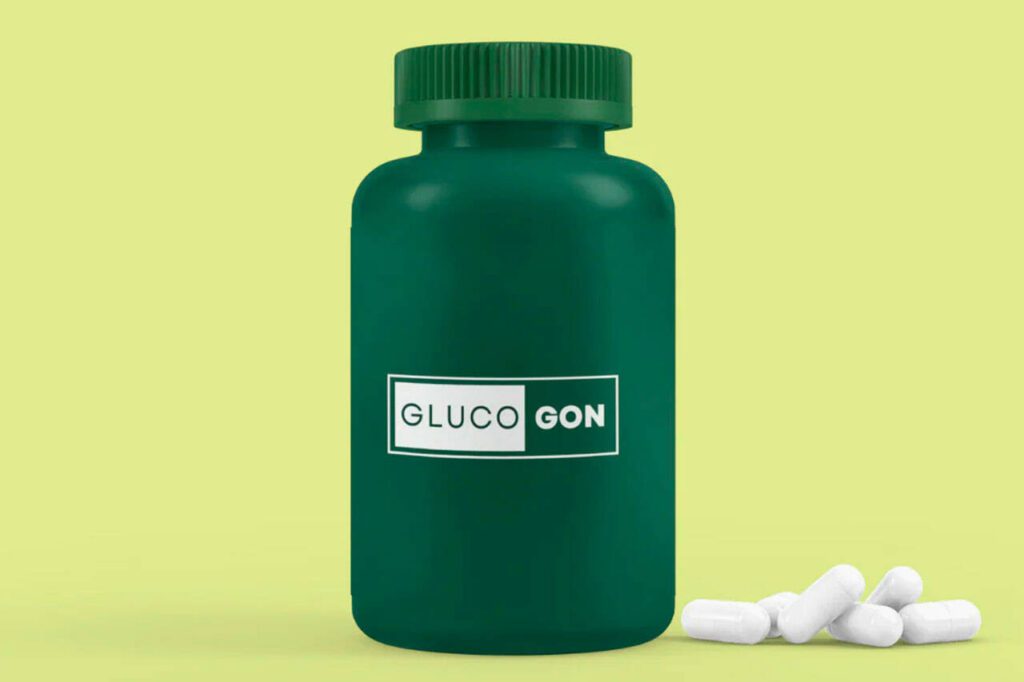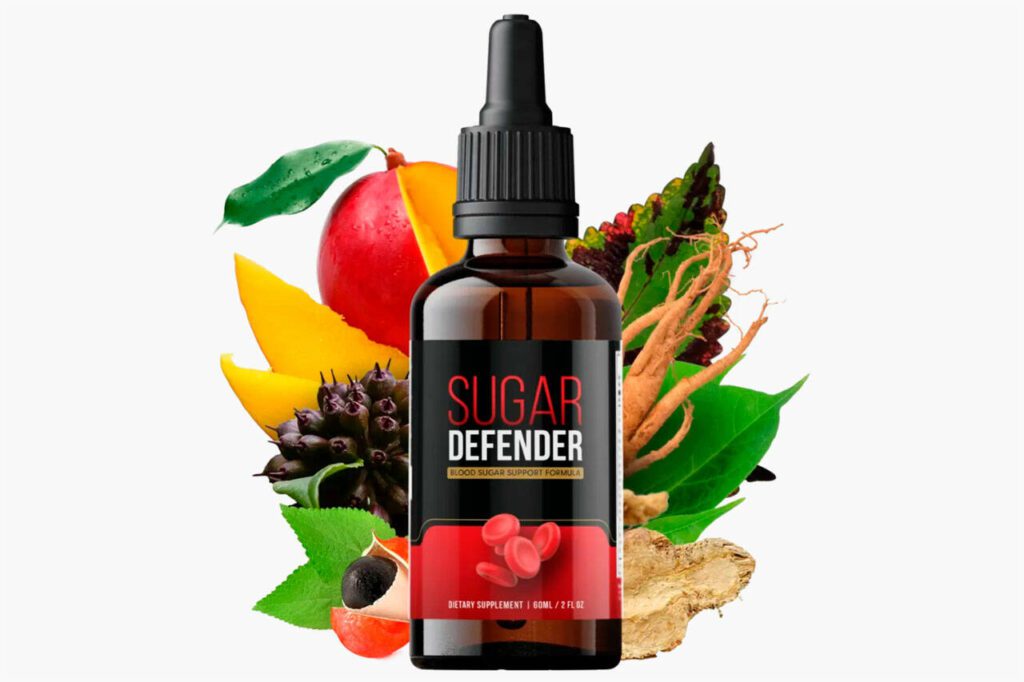Insulin resistance has become more common in America over the last 20 to 30 years. As time passes, the pancreas produces more insulin. Eventually, it is unable to produce enough to keep blood sugar levels within the normal range, leading to pre-diabetes, type 2 diabetes, and a host of other health complications.
Of course, that has led many Americans to look for ways to improve insulin sensitivity before it gets that far, and there has been a good amount of research into what supplements can help with insulin resistance.
There are some promising results, although that doesn’t mean that all manufacturers follow the data from the clinical trials and do things the same or even always contain the ingredients that have the most supporting evidence, like berberine, cinnamon, ALA, Omega, Vitamin D, or Chromium. (We’ll get into other ingredients in a bit, but these are a few well-backed ones.)
Of course, there are a few good ones, so we’ve compiled a list of the best supplements for insulin resistance to help you cut through the marketing spiel and see the science that can help you manage insulin resistance.
What Causes Insulin Resistance?
Insulin resistance is often associated with obesity, physical inactivity, genetics, and certain medical conditions such as polycystic ovary syndrome (PCOS) and non-alcoholic fatty liver disease (NAFLD). It can increase the risk of developing type 2 diabetes, heart disease, stroke, and other metabolic disorders.
The Big Hitter Ingredients To Look For
Berberine
Berberine, a plant-derived compound, is probably the most promising ingredient as a natural insulin sensitizer for individuals. It’s been shown to help multiple conditions reduce insulin resistance and help blood glucose control. Berberine has demonstrated significant promise for PCOS, with a meta-analysis of nine studies revealing that berberine supplementation significantly reduced fasting blood glucose levels and improved insulin resistance in women with PCOS, with results comparable to the pharmaceutical drug metformin.
The mechanism behind berberine’s effectiveness is believed to involve enhancing insulin receptor expression, promoting glucose uptake, and reducing inflammation. This is why it’s also been shown to help reduce insulin resistance for other conditions.
By targeting these critical aspects of insulin resistance, berberine can help restore the body’s sensitivity to insulin and improve overall metabolic function. It’s a core ingredient in our top 2 picks, SugaSafe and Glucogon.
Coenzyme Q10 (CoQ10)
Coenzyme Q10 (CoQ10) is a naturally occurring antioxidant that plays a crucial role in energy production within the body. A systematic review and meta-analysis published in the European Journal of Nutrition highlighted the potential benefits of CoQ10 supplementation in improving insulin sensitivity.
The study suggested that CoQ10’s antioxidant properties may contribute to reducing oxidative stress, a factor closely linked to insulin resistance. Additionally, a randomized, double-masked, placebo-controlled clinical trial showed that supplementing with CoQ10 for eight weeks had beneficial effects on blood glucose, insulin levels, and total testosterone levels in women with PCOS.
Magnesium
Magnesium is an essential mineral in numerous bodily functions, including glucose regulation. It is crucial in insulin secretion and action, promoting cell glucose uptake. Individuals with insulin resistance often have magnesium deficiencies that worsen the problem; supplementation seems to improve insulin resistance.
Chromium
Chromium is an essential trace mineral vital in carbohydrate and lipid metabolism. It enhances insulin’s action, facilitating glucose transport into cells and promoting healthy blood sugar levels. While most people do get enough, it’s a valuable ingredient for supplements to improve insulin resistance.
Inositol
Inositol is another ingredient that’s shown great promise in improving insulin resistance. A review of 20 randomized controlled trials demonstrated that inositol supplementation effectively decreases blood glucose levels by improving insulin sensitivity, independent of weight changes.
Multiple meta-analyses have shown that it helps with pre-diabetes and Diabetes, as well as in women with PCOS, where it is also believed to help regulate ovarian function. A meta-analysis of 26 randomized controlled trials further revealed that inositol supplementation significantly reduced fasting plasma glucose levels compared to placebo, with results similar to metformin.
Cinnamon
Cinnamon has also been shown to help improve glucose and insulin levels in individuals with pre-diabetes, PCOS, and elevated insulin resistance. A systematic review and meta-analysis of randomized controlled trials found that cinnamon supplementation improved glucose levels in people with insulin resistance.
Vitamin D
Vitamin D deficiency has been associated with insulin resistance and type 2 diabetes. Supplementing with vitamin D may improve insulin sensitivity, especially in people with low blood levels of vitamin D. Dosages vary, but typical doses range from 1,000 to 4,000 IU per day.
Alpha-Lipoic Acid (ALA)
You might have heard about alpha-lipoic acid (ALA) as a potent antioxidant, but its benefits go beyond just fighting off free radicals. Research suggests that ALA can boost insulin sensitivity and help alleviate the oxidative stress associated with insulin resistance. A study published in Diabetes Care found that ALA supplementation improved insulin sensitivity in individuals with type 2 diabetes.
Resveratrol
Resveratrol, mostly known for its anti-aging benefits and role in heart health, has shown promise in regulating blood sugar levels and boosting insulin sensitivity. By activating an enzyme called SIRT1, resveratrol helps your body better handle glucose, as demonstrated in an analysis published in Diabetes. The study showed that resveratrol supplementation improved insulin sensitivity and glucose tolerance in overweight men.
Omega-3 Fatty Acids
Omega-3 fatty acids like EPA and DHA have been hailed for their ability to enhance pretty much everything: brain, joints, heart, and now insulin sensitivity and support overall metabolic health. These essential fats swoop in to reduce inflammation, fine-tune your blood lipid profiles, and even give insulin a helping hand in doing its job correctly. And unless you eat fish every day, you’re probably one of the 70% of Americans who don’t get enough, so they’re worth looking at for their other benefits.
A recent study published in the Nutrition Journal found that omega-3 fatty acid supplementation improved insulin sensitivity and reduced markers of inflammation in individuals with type 2 diabetes.
The Best Products for Reducing Insulin Resistance
- SugaSafe
- Glucogon
- Sugar Defender
SugaSafe
Ingredients
- Cinnamon, Ginseng, Berberine, Gymnema, Vitamin D, Chromium, Vitamin B1, Alpha-Lipoic Acid, Green Tea Extract EGCG, Biotin, Carnitine, Coenzyme Q10, Manganese, Potassium, Taurine, Vanadium, Vitamin B6, Vitamin B12, Vitamin C, Zinc
SugaSafe has many ingredients to help improve blood glucose control, and in fact, pretty much everything has a decent amount of backing aside from omega. This is why we generally recommend it as the best option. Well, that’s right, and they’ve got a money-back guarantee that we’ve verified with a mystery shopper. This is the way to go if you’re worried about developing insulin resistance.
Each ingredient is dosed according to the current clinical trials that have shown them to be effective. Since coming out last year, it’s been at the top of many people’s lists for blood sugar management supplements. And yes, if you see the list of other ingredients that didn’t make our most essential ones, they also all have backing that they can help reverse insulin resistance or help manage blood sugar in general.
It’s not the cheapest supplement, but considering you’re getting 90 capsules of standardized ingredients in every bottle, it does make sense that it’s $10 a month more than the market leader, considering you’re getting more than three times the product.
Glucogon
Ingredients
- Vitamin C, Vitamin E, Biotin, Magnesium, Zinc, Manganese, Chromium, Guggul, Bitter Melon, Licorice Root, Gymnema Leaf, Alpha-Lipoic Acid, Yarrow Flower, Juniper, White Mulberry, Banaba Leaf, Taurine, Cayenne Pepper Powder, Vanadium
Glucogon is a very close second to SugaSafe and does have a much better bulk pricing deal, so for some people, that will make all the difference. It’s just missing the cinnamon and Q10; otherwise, they’d be comparable supplements. There are a few things that SugaSafe doesn’t, and licorice root and white mulberry have a decent number of studies suggesting they can help improve insulin resistance.
It also comes with a money-back guarantee, but unlike SugaSafe, it is only 60 days long. Both give you more than enough time to see whether or not the product is working for you. So, if you want to increase insulin sensitivity at a slightly lower cost point, this is a good option.
Sugar Defender
Ingredients
- Cinnamon bark extract, chromium, alpha-lipoic acid, and bitter melon extract
Sugar Defender is primarily for people who have trouble swallowing pills. You really can’t get as many active ingredients into a tincture as you can into capsules, but it’s the best at what it does. It should help lower blood sugar, but we recommend one of the above.
Now, you probably are getting enough ALA and chromium supplementation here. Still, the odds of there being enough of the cinnamon are relatively low, as you need a pretty high potency extract for it to even be effective at a 250mg dose (which is 1/4 of a capsule), so I’m sure you can imagine that’s probably not going to fit into a couple of drops of liquid. This is the downside to Sugar Defender; the rest is all good, though. So, this is a good alternative if you can’t swallow pills.
Frequently Asked Questions (FAQ) About Insulin Resistance Supplements
Q: What Are Insulin Resistance Supplements?
A: Insulin resistance supplements are dietary supplements that help manage insulin resistance, a condition in which cells become less responsive to insulin’s effects. These supplements often contain vitamins, minerals, antioxidants, and other bioactive compounds that may support insulin sensitivity and glucose metabolism.
Q: Do Insulin Resistance Supplements Cure Diabetes?
A: Insulin-resistance supplements are not intended to cure Diabetes. However, they may help improve insulin sensitivity and glucose metabolism, which can be beneficial for managing pre-diabetes, type 2 diabetes, and related metabolic disorders. Supplements must be used as part of a comprehensive treatment plan that includes lifestyle modifications and, if necessary, medication prescribed by a healthcare professional.
Q: Are Insulin Resistance Supplements Safe to Take?
A: Many insulin resistance supplements are considered safe when taken as directed. However, it’s essential to consult with a healthcare professional before starting any new supplement regimen, especially if you have underlying health conditions, are pregnant or breastfeeding, or are taking medications. Some supplements may interact with medicines or have adverse effects, so discussing potential risks and benefits with your healthcare provider is crucial.
Q: Can Insulin Resistance Supplements Replace a Healthy Diet and Lifestyle?
A: Supplements for insulin resistance do not replace a healthy diet and lifestyle. While supplements may provide additional support for managing insulin resistance, they should be used with a balanced diet, regular physical activity, weight management, and other lifestyle modifications recommended by healthcare professionals. A holistic approach that addresses diet, exercise, stress management, and sleep is essential for optimal health and insulin sensitivity.
Q: How Do I Choose the Right Insulin Resistance Supplements?
A: Choosing the right insulin resistance supplements involves considering factors such as the supplements’ specific ingredients, dosage, quality, and safety. Look for supplements that contain evidence-based ingredients known to support insulin sensitivity, such as alpha-lipoic acid, omega-3 fatty acids, magnesium, chromium, berberine, cinnamon, and vitamin D. Additionally, opt for supplements from reputable brands that undergo third-party testing for quality and purity.
Q: What Are the Potential Side Effects of Insulin Resistance Supplements?
A: While many insulin resistance supplements are generally safe for most people, some individuals may experience side effects or adverse reactions. Common side effects may include gastrointestinal discomfort, allergic reactions, or medication interactions. Reading the label and following the recommended dosage instructions is essential. If you experience adverse effects, discontinue use and consult a healthcare professional.
Q: How Long Does It Take to See Results From Insulin Resistance Supplements?
A: The time it takes to see results from insulin resistance supplements can vary depending on individual factors such as diet, exercise habits, overall health, and the specific supplement being used. While some people may notice improvements in insulin sensitivity and blood sugar levels relatively quickly, others may require longer-term supplementation and lifestyle changes to see significant benefits. Consistency is key, so taking supplements as directed and following a comprehensive approach to managing insulin resistance is essential.
[BEST DEAL] Get Best Blood Sugar Supplement for the best deal ever!





























